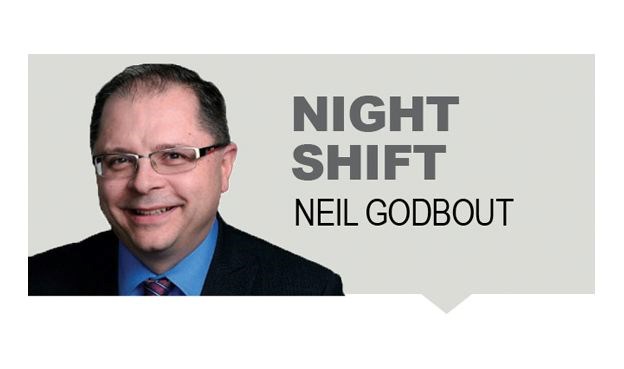If you haven’t already listened to it, please take the time to listen to Wil Fundal’s They & Us podcast on gender identity.
The longtime local CBC Radio reporter has created excellent, thought-provoking journalism and powerful, compassionate social advocacy with this six-part podcast.
Most importantly, it is an incredible act of bravery on Fundal’s part because part of the story told in They & Us is “his” own recent transition to “they.”
What does that mean, to identify as non-binary, the term used to describe individuals who don’t identify as either male nor female? Why does it matter if Fundal prefers the pronouns they, them, and their, rather than he and his?
It matters because labels are powerful, relevant and too often taken for granted. It matters because often labels are self-evident facts for the persons using them and inaccurate and harmful terms of prejudice for those being labelled.
Seen through the binary male/female lens, Fundal is simply a non-conformist who refuses to identify as exclusively male or female and rejects the labels that come with those genders. From that perspective, it’s easy to trivialize or outright dismiss the significance of Fundal’s identity. Sadly, people who loudly insist they aren’t racist because they see people, not skin colour, make this same error. To ignore the race of a person of colour is to whitewash their identity. Polite racism stripped of its politeness is still racist.
The same is true of gender.
Fundal has flipped the lens. They have stepped forward because they want to be seen by everyone as what they are, not what they aren’t.
They & Us is both educational and inspirational because, through the power of stories – Fundal’s and others they feature in the podcast series – non-binary people are both elevated and celebrated as special individuals with unique perspectives. Their stories are told with empathy - but not pity - and curiosity - but not spectacle.
Yet I worry for Wil.
I worry about the discrimination they have faced and will continue to experience, both blatant hatred and thoughtless ignorance (including my own), because it must weigh on their spirit.
I worry They & Us will be dismissed as an attack on traditional views of gender (it’s not).
I worry other non-binary individuals and members of the broader LGBTQ community will diminish They & Us as shallow, sugar-coated reporting that glosses over the significant pain and anger of that experience in order to make it palatable for a broader audience (from my perspective, it’s not).
I worry Wil’s labour of love will be ignored when it should be heard by everyone.
I hope there are more episodes to come.
I want to hear more about Wil’s past and present experiences and the people like them featured in the series.
And I have questions.
If the goal is to be seen as someone unique that is neither male nor female and outside of those perspectives, doesn’t the word non-binary perpetuate the problem because it frames gender identity as what they aren’t, rather than what they are?
Should transgender women be allowed to compete with other women in elite sports? Doesn’t being born male give them an unfair advantage? Would a non-binary category for athletics recognize these individuals or would it deepen the discrimination?
What about the concerns of some feminists that men transitioning – in whole or in part – to women is an assault on femininity and the female experience? Are males using the power of modern technology to seize femininity for themselves? Is that as offensive as white people altering their physical appearance and then self-identifying as a person of colour?
Is it offensive for a privileged middle-aged white male to ask these questions?
I honestly don’t know the answer to any of those questions but I would like to know.
My interest is not mere anthropological curiosity.
I want to know the answers for the same reasons I listened to They & Us and the same reasons I care for Wil.
I want to know more so I can treat Wil and others like them respectfully and better than I have in the past, as a journalist and as a person.



